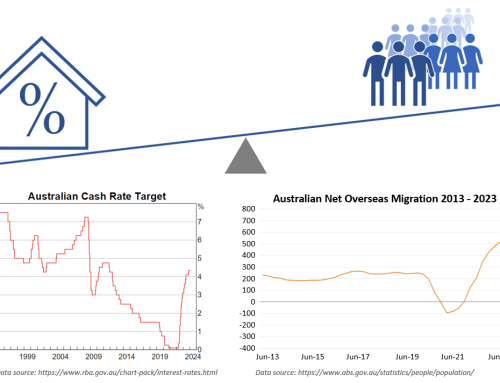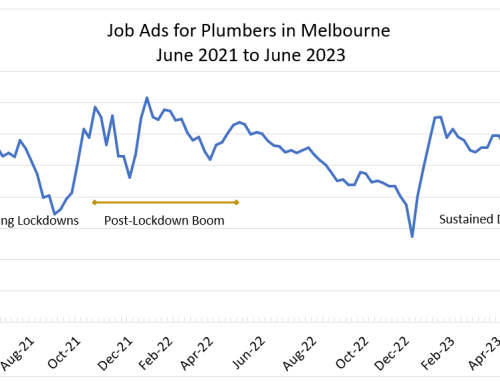Recruitment series – Part 6: Reference checks
The best businesses are built by the right people, which is why we love rolling up our sleeves and helping our business coaching clients with their recruitment. (Previously in the Recruitment Series: Part 1: Job Descriptions, Part 2: Job Advertisements, Part 3: The screening process, Part 5: Face to face interview)
Now it’s time to dot the i’s and cross the t’s in the recruitment process.
Time to put together all your hard work and make sure all your hunches are confirmed by the people who know your candidate the best: their references.
Your diligent work in being thorough, methodical and practical in your candidate search leads us to one of the reference check.
Much like the face-to-face interview, reference checks are about confirming you’re the information you’ve found already.
It’s about making sure the person you hire is the best individual for the task.
We generally run on the rule of threes with reference checks.
Three checks from three previous managers.
We also like to see the employers (that’s you) take personal responsibility for undertaking the reference check. With this, it ensures that you speak to the right references (no friends or work colleagues) and that you’re receiving the information from the references first hand.
Don’t be afraid to go above and beyond to find references either.
Poor reference checks can be the most insightful and often shows how your candidate relates with others.
So what questions should you focus on when speaking with referees?
Much like the face to face interviews, reference checks are split into four main areas that you want to explore as the employer.
You firstly want to make sure the information your candidate has given you is true because, after all, nobody likes a liar.
Make sure the start and end dates match up, the duties they’ve mentioned were actually undertaken and that any other key information matches up.
Next, try and ascertain a rating from the referee in regards to your candidate. Providing a rating is a quick and easy benchmark to request and helps match up against how the candidate has rated themselves earlier in the process.
Move on to the management of the candidate. This information can be extremely insightful and beneficial to your business down the track. Get an idea of what motivated the individual (or conversely, de-motivated them). Find out what makes them tick and how the referee got the most (or the least) out of your potential recruit.
Finally, ascertain the reason for leaving. This helps in making sure everything matches up with your candidate’s admissions.
All these questions will help get an idea of your candidate, and the reference check can even be used to get an opinion on the candidate’s suitability.
Don’t be shy to ask what the referee thinks of their suitability in the role. Enquire as to their appropriateness for your company’s culture or whether the environment that your candidate is going to be working in is something that they’d be comfortable with.
After all, you, and not the referee, are the one who is going to manage, foster and develop the candidate to be the best and most suitable employee for your business in the long run.
Next up in the Recruitment Series:





